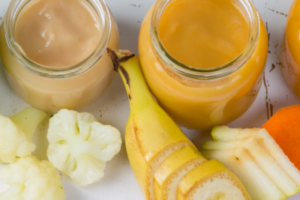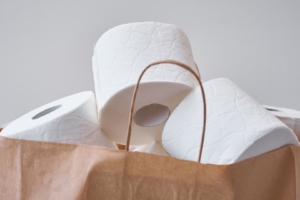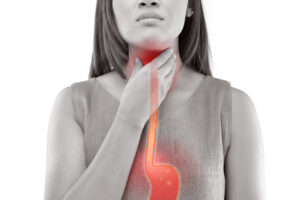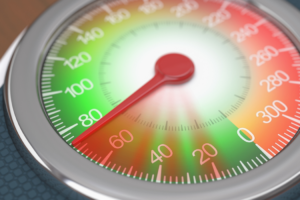Many people considering bariatric surgery or who have already been through the operation, are wondering whether alcohol is allowed following bariatric surgery. The short answer is – rather not, and if at all, then in very restricted amounts. Here we would like to highlight the main reasons why being careful with alcohol consumption is essential after your surgery:
Alcohol takes effect more quickly and the effect is more intense than pre-surgery
Most of the alcohol is absorbed in the small intestine and since post-surgery it takes less time for alcohol to reach the small intestine, its absorption into the bloodstream is also facilitated. Upon consuming the same amount of alcohol as before weight-loss surgery, intoxication occurs at smaller quantities and the effect lasts longer.
Gastric bypass surgery patients are at an elevated risk for alcoholism
Studies indicate that gastric bypass surgery tend to make patients more sensitive to alcohol and thus, gastric bypass patients have an increased risk for developing alcoholism. Risk factors include prior consumption of alcohol, smoking, young age and being male.
In the case of young men, a sleeve operation hasn’t shown a higher risk of alcoholism and therefore could be considered instead of gastric bypass surgery.
Alcohol abuse can also occur in women and those who were previously indifferent to alcohol. The most dangerous timeframe in this regard is 2-3 years post-surgery.
Transfer of addiction
Emotional eating and food addiction lead to obesity. Weight loss surgery alters or even completely eliminates the effects of food that reduce stress, depression and anxiety and this may push the patient to seek “help” elsewhere. Food may be replaced by alcohol, narcotic substances (including strong painkillers), gambling, shopping, etc.
Excess calories
Alcohol contains a lot of calories and no nutrients; hence, drinking alcohol works against weight loss goals. For example, a glass of wine contains twice as much calories as a glass of lemonade. Alcohol is one of the underlying causes of weight gain following bariatric surgery.
However, if you still decide to consume alcohol:
- Avoid any alcohol during the period of rapid weight loss (6 months post-surgery) because it may cause toxic reactions and damage the liver.
- When you try alcohol for the first time after your surgery, do it at home, to see how much is safe to drink until intoxication occurs and how long it lasts.
- Start with small quantities. Avoid strong alcoholic beverages and carbonated drinks. Having carbonated drinks containing sugar may cause bloating, diarrhoea, dumping and a general bad feeling after surgery.
- Consume alcohol with food and avoid drinking it on an empty stomach.
- Make sure to take all your vitamins since alcohol may decrease the absorption of certain vitamins.
- Seek help when you find that you drink alcohol on a regular basis for the purpose of reducing emotional stress since there is an elevated risk for developing alcohol dependence following bariatric surgery.
- You should never drive after consuming alcohol, even if the quantity was small! Following your surgery, blood alcohol concentration increases much faster and after smaller amount than before the surgery; moreover, alcohol stays in your blood longer. This may lead losing driving license or causing a traffic accident after you have consumed an amount of alcohol you would have considered to be “harmless” prior to your surgery.
It could be concluded that drinking alcohol is not advisable following bariatric surgery. However, when a person still chooses to consume alcohol, it should be done cautiously and rarely.










